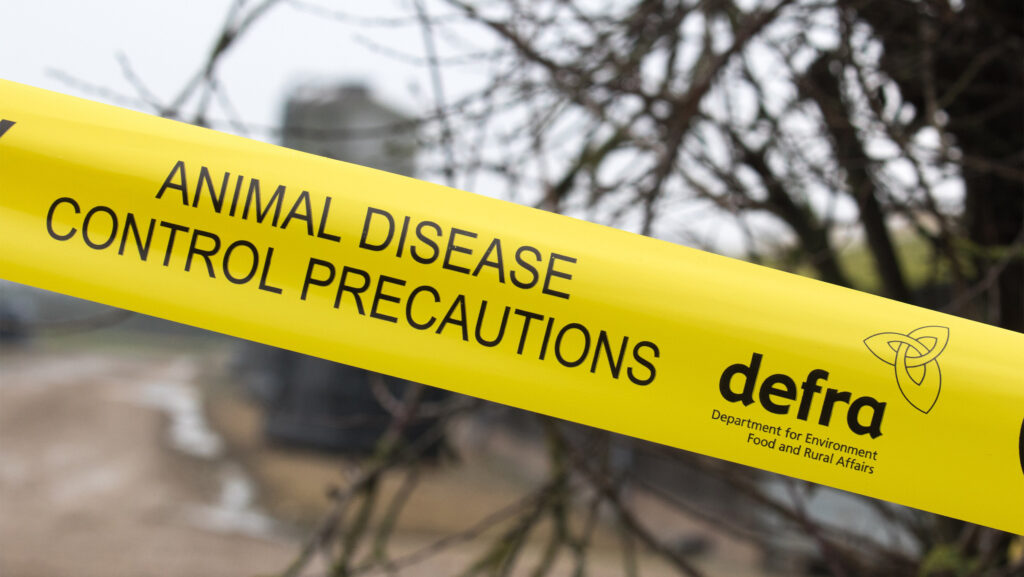Worst year for avian influenza expected
 © Tim Scrivener
© Tim Scrivener Highly pathogenic avian influenza (HPAI) is on track for its worst year yet, with cases of the H5N1 strain across the UK likely to surpass the 2024-25 total.
Defra has recorded 104 cases since the start of the year, and 45 cases since the start of this current “season”, which began on 1 October.
Scotland also recorded its first case this season on 12 November.
By comparison, in previous years, 81 cases were recorded in 2024-25 and six in 2023-24. However, the highest number of cases recorded to date was in 2022-23, with 207.
See also: Prepare now for ‘most dangerous bird flu strain ever’
The British Free Range Egg Producers Association (Bfrepa) said the outlook for the month ahead is concerning.
Gary Ford, Bfrepa head of policy and producer engagement, said: “This is shaping up to be the second-worst avian influenza year on record. I hope this won’t surpass the 2022 cases, but so far this is far worse than we’ve had for several years,”
Mr Ford said there had been just two cases by this time last year. By comparison, the 2021-22 bird flu season had recorded 50 cases in December.
“The expectation is we’re going to get a figure somewhere between, but there is a lot of uncertainty as we don’t know what level of disease the migratory birds will bring and which will see the peak in December,” he said
Culling
Despite the rising cases, Defra’s efforts to promptly and humanely cull affected birds have been praised by Bfrepa.
“So far, they are doing a good job and culling in a timely fashion; now they need to keep on top of it.
“The UK government has to ensure it has sufficient resources if this escalates further in the coming months,” added Mr Ford.
Scotland
Scotland, which had not seen any cases of avian influenza this current season, has now recorded its first case (12 November), affecting 31,000 broiler breeders near Lanark, South Lanarkshire. There have been two reported cases in Scotland since the start of the year.
An Avian Influenza Prevention Zone (AIPZ) is in place across Scotland; however, a housing order is not being considered at present.
A Scottish government spokesman said: “All decisions regarding animal health policy are evidence-based, and the current evidence of the effectiveness of housing measures at this time is inconclusive.”
Bfrepa, however, is urging immediate action.
“We need a sensible precautionary approach, and that includes a housing order for free-range poultry in Scotland,” added Mr Ford, urging the Scottish government to learn from what is happening across GB and Europe to “get ahead of the curve of this dreadful disease”.
Free-range egg producers are not expected to have their status changed to “barn eggs”, even if the housing order extends beyond 16 weeks, due to a UK government derogation that is effective in England, Wales, and Scotland and in line with the EU.
Reporting suspected cases
Suspected cases of avian influenza must be reported in England to Defra Rural Services Helpline on 03000 200 301. In Wales, contact 0300 303 8268. In Scotland, contact the local Field Services Office.
